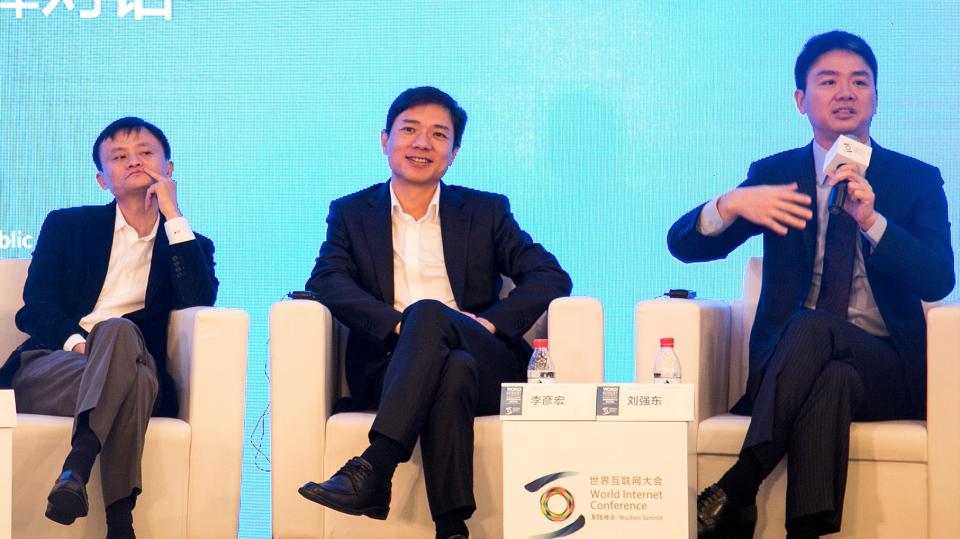The heads of China’s two largest e-commerce companies – Jack Ma of Alibaba and Richard Liu of JD.COM – clashed recently over what role a company should play in alleviating poverty. While Liu focused on his company's work with a poverty-stricken village in northern China’s Hebei Province, Ma said it was meaningless to help just one village, and that his company would instead contribute to the overall cause of poverty alleviation. Now, an expert on poverty has intervened with suggestions for both of them.
Wang Sangui, president of the China Institute for Poverty Alleviation based at Renmin University of China, says that for a company to continuously alleviate poverty, it must select an efficient industry the same as or similar to its own sector so that it can gain benefits. Companies active in alleviating poverty could be offered incentives such as land, credit, and insurance, he suggested.
Wang went on to describe what he sees as hurdles preventing private companies involving themselves in charity. The Government hasn’t given sufficient guidance and information, he said, which means companies are not sure which villages are most in need of help. But that might change given the government’s recent work to investigate and target poverty, he suggested. He also called on enterprises to strengthen cooperation with social organizations working in poverty alleviation to better identify who truly needs help.
Poverty reduction through development is different from regular market activities because it requires companies to establish a specific poverty-alleviation framework and dedicate personnel to it, Wang said. But the national favorable policies encouraging enterprises’ poverty reduction efforts are not earnestly carried out, and the state invests limited resources in this regard.

 Old Version
Old Version